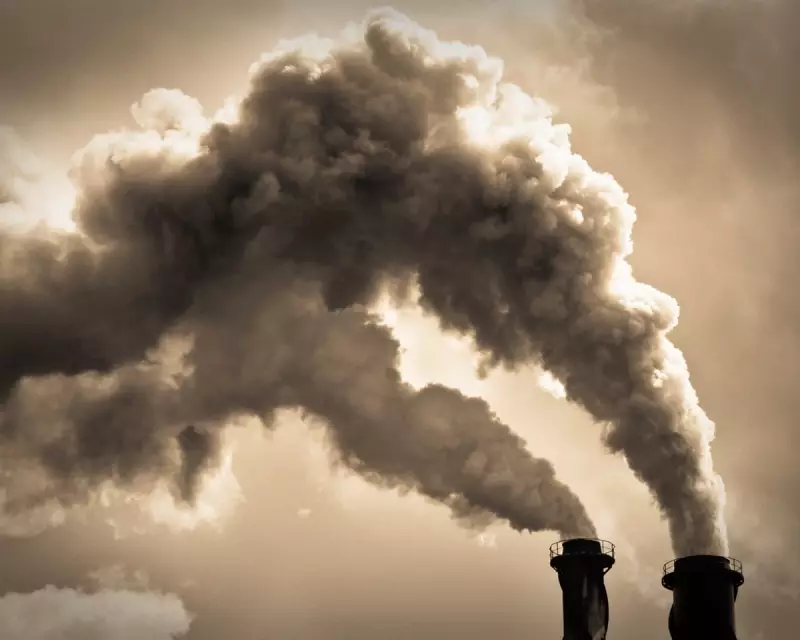
The United Nations Human Rights Council has issued a powerful and unprecedented call to action, demanding that clean air be recognised and treated as a fundamental human right. This landmark resolution, championed by the UK, marks a significant escalation in the global fight against toxic air pollution.
The council's report delivers a stark warning: air pollution is not merely an environmental issue but a devastating public health emergency, responsible for millions of premature deaths worldwide each year. It calls for an immediate and coordinated international response to what it describes as a silent pandemic.
A Silent Pandemic with a Deafening Toll
The statistics presented are alarming. With seven million premature deaths annually attributed to poor air quality, the crisis dwarfs many other health challenges. The resolution emphasises that this is a global problem, but one that disproportionately affects the most vulnerable and marginalised communities, deepening existing social and economic inequalities.
The UK's special rapporteur, Prof. Marc Limon, who spearheaded the initiative, stated the case unequivocally: "If you cannot breathe, you cannot enjoy any other human right... It is a prerequisite for life itself." This framing places the right to breathe clean air on the same essential level as the right to food and water.
From Recognition to Action: A Global Mandate
The resolution moves beyond mere recognition, outlining a clear path for governments and international bodies. Key demands include:
- Integrating clean air into all national and international human rights frameworks.
- Establishing and enforcing stricter, legally binding air quality standards based on WHO guidelines.
- Dramatically increasing investment in clean energy and sustainable transport infrastructure.
- Ensuring the right to public access to real-time air quality data.
- Holding polluting industries and states accountable for the damage caused by cross-border pollution.
The UK's Role and the Road Ahead
The UK's leadership in Geneva is seen as a crucial step, but activists are now urging the government to match its international rhetoric with robust domestic action. While the resolution is not legally binding, it creates immense moral and political pressure for nations to act. It sets a new global standard, making it increasingly difficult for governments to ignore their responsibility to protect their citizens' right to a healthy environment.
The message from the UN is clear: the era of equivocation on air pollution is over. The world must now move with urgency to turn the right to clean air from an aspiration into a reality for everyone, everywhere.





